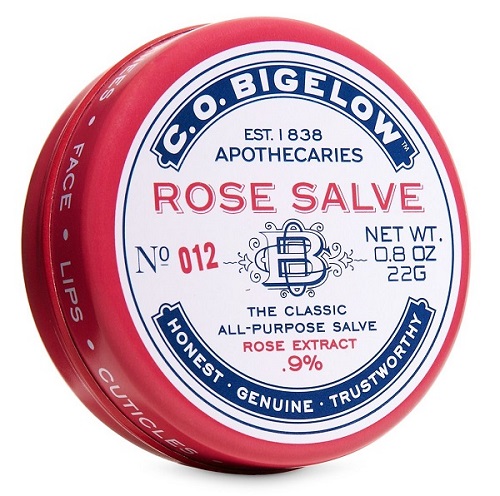FWP:
SETS == CATCH-22; REPETITION
This verse shares the complex, clear-sighted, even wryly amused tone of {121,3}; Nazm rightly points out their similarity. But Faruqi also analyzes the differences.
It's a kind of 'catch-22' verse. If you're wounded, you need to find a salve or ointment. But if you look for a salve, the (vain) search itself aggravates your wounds.
But the verse is also even beyond a catch-22 situation, because there's no assurance that the salve even exists. After all, the speaker has wandered so far and long looking for it that he's ruined his feet. He'll never find it: now he's not only 'wounded-bodied', but also foot-wrecked and unable to pursue his search.
In any case, the verse offers us not the smallest
glimmer of hope that he would ever have found it. A very bleak report on a quest not only ruinous, but perhaps entirely futile too. I imagine it as spoken in an entirely plain, matter-of-fact tone of voice-- as a clinical report from someone too exhausted, and too close to despair, to go in for dramatic effects.

Nazm:
In this verse, and in the verse before it, the meaning is that the thing he flees from, confronts him; and the disaster for which he seeks a remedy is the very one in which he becomes ensnared. (130)
== Nazm page 130